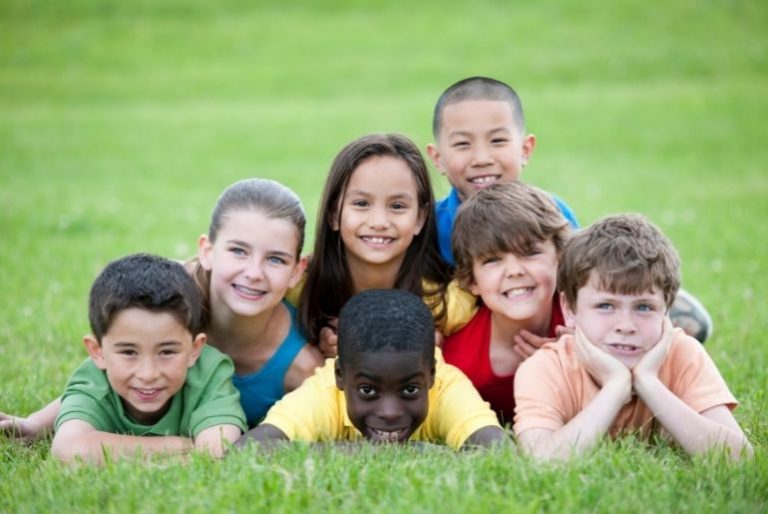Kiwi Families have provided information about the cause of glandular fever, the spread of the disease and how to help your child with glandular fever.
What is glandular fever?
Most commonly known as the `kissing disease’, glandular fever or infectious mononucleosis is caused by a virus and can be spread by kissing. The virus is spread in the saliva and people can also become infected through coughing and sneezing or sharing eating or drinking utensils or food.
The illness gives symptoms of extreme tiredness, sore throat and swollen glands in the neck – though in some people, especially younger children, there may be no symptoms at all or only mild symptoms.
The Epstein-Barr virus causes glandular fever – this is from the herpes group of viruses, which are very common.
While anyone can catch the virus, it appears most often in young people between the ages of 15 to 25 and is slightly more common in males than females. Outbreaks of glandular fever can occur in schools.
The incubation period (the time from when you first contact the virus until symptoms appear) is around 4 to 6 weeks. Generally people will recover in 2 to 4 weeks, though sometimes the tiredness can linger for many months.
Once recovered, people generally have a lifelong immunity to glandular fever, though in some cases it can reoccur, most commonly in the first year following infection.
Holistic practitioners believe there can be a link between glandular fever and Epstein-Barr virus and people who later develop Chronic Fatigue Syndrome.
What are the signs and symptoms of glandular fever?
- Swollen lymph glands in the neck
- Swollen glands in the armpit and groin
- Flu-like symptoms
- High temperature and chills
- Loss of appetite
- Headaches
- Tiredness
- Aching muscles
- Sore throat
- Swollen tonsils
- Swollen eyes
- There may be a fine red rash on the chest or limbs
Treatment for glandular fever
The doctor will take a blood test and throat swabs to confirm the illness. Someone with glandular fever will have a high count of white blood cells and the presence of the Epstein-Barr virus in their blood.
Treatment is generally to relieve the symptoms, though antibiotics may be prescribed if there is a secondary infection such as tonsillitis.
- Ensure plenty of rest to help healing
- Give lots of fluids
- Give children a healthy nutritious diet with lots of fruits and vegetables – nutritious fruit smoothies can help if they don’t feel like eating much
- Pain relief such as paracetamol might be needed for sore throats and to lower high temperatures
- Avoid sports, heavy exercise and lifting – around 50% of people with glandular fever develop an enlarged spleen and strenuous activity is to be avoided to avoid any long-term damage to the spleen
- No alcohol for at least six weeks
Risks & complications of glandular fever
Complications are rare but can include:
- Jaundice – the yellow colouring of the skin due to liver problems. This is usually mild and only lasts a few days
- Hepatitis – inflammation of the liver
- Pneumonia
- Anaemia – low iron in the blood
- Myocarditis – inflammation of the heart muscle
- Encephalitis – inflammation of the brain
- Rupture of the spleen – though this is very rare
What I can do to prevent glandular fever?
- Stop further spread of the disease by ensuring your child doesn’t share eating and drinking utensils, towels or clothes
- Ensure a good intake of vitamin C through diet, healthy fruit juices and natural supplements
- Some natural practitioners advocate detoxifying supplements to help strengthen the immune system – talk to your local health food shop practitioner
- Acidophilus yoghurts will help rebuild the immune system
- Avoid heavy exercise, heavy lifting or contact sports for 6 to 8 weeks or until your child has completely recovered
- Build back up to full exercise and sports slowly
- To help prevent a reoccurrence, keep the immune system strong by lowering stress, ensuring a good diet and healthy lifestyle
For advice on treating Fever, click here
Food for Sick Kids has great ideas on what to feed your kids when they are unwell.





